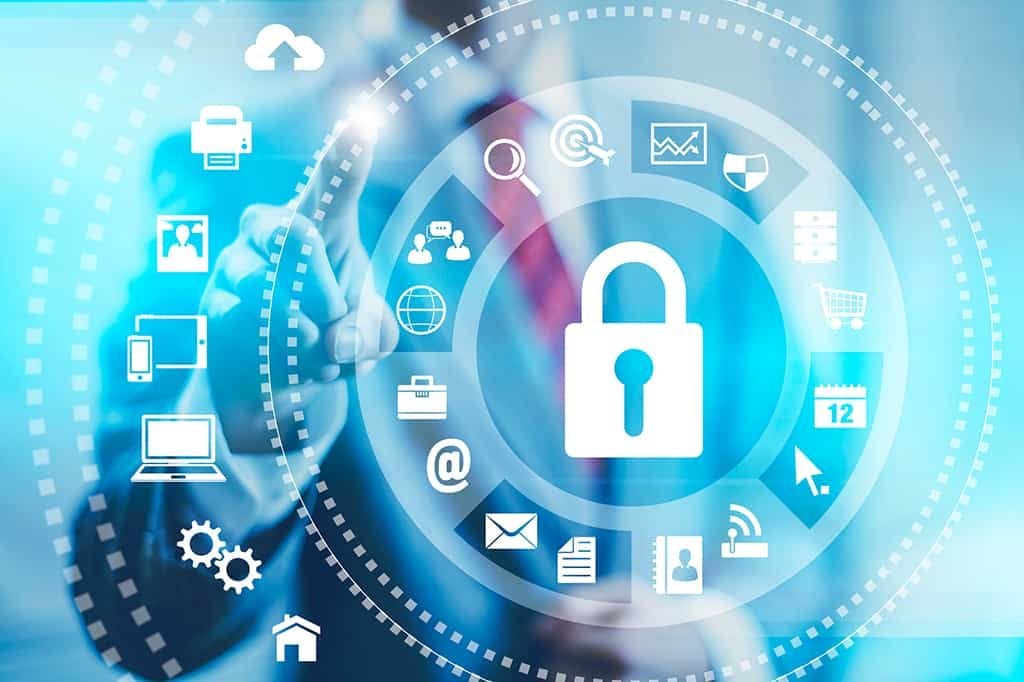Your account in any social media platform is vital and a deadly weapon in the wrong hands. Whenever it’s hacked, that account could be used to do fraud, to publish fake news, or to do anything that will put you in real trouble. Even if you only have a few followers or friends, it’s still good enough to make an impact, and that’s why hackers are always on the move to steal your account. But honestly, there’s no need to worry if you follow these 7 social media security tips I have for you. They’re easy to do but effective enough to keep your account safe.


[tweetthis twitter_handles=”@1alexkhan”]7 Must-Follow Social Media Security Tips – 2018[/tweetthis]
7 Social Media Security Tips to Follow This 2018:
1. Have a $uP3rr Strong Password
Let’s start with the very foundation of any digital security measure, a password. Some of you think that the more characters you put in, the stronger it is. But, well, that’s not the case. You should focus on the complexity of your password. An eight-character password is a standard, and people think longer makes it better. In reality, however, what actually makes it better is when it’s not just letters or numbers but a combination of both plus special characters like a dollar symbol or hashtag. It might take you longer to log in, but it’s nearly impossible to hack when it’s super complex.
2. Each Platform – Unique Password
Yes, it does seem annoying to have a lot of passwords to remember, especially when I first asked you to make your password complex. However, there’s a quick technique that will help you memorize them better. For example, let’s just say your primary password is “Pa$sW0Rd,” you can instantly modify that to FBPa$sW0Rd for Facebook and do YTPa$sW0Rd or Pa$sYTW0Rd for YouTube. Just insert a prefix or additional characters in the middle resembling what password it’s for.
3. Avoid Using Personal Information on Your Password
Here’s one of the biggest mistakes why a lot of people’s social accounts are hacked easily, they use personal information in their password. How often do you consider your birthday as your code? As funny as it is, since we’re now in an age where almost every detail about us is online, hackers can use that to their advantage. Even security questions that ask “what’s your mother’s maiden name” can be easy enough to bypass by just checking your mom’s Facebook profile (most married women place their maiden name so their friends can search them easier).
4. Lock Your Phone Properly
Locking your phone should be taken seriously. A lot of people just lock their phone with a simple code or have no security password whatsoever. Your phone, whenever misplaced, is vulnerable not only to theft but also to identity theft as well. They can use all your digital information to do all their dirty work. Put a lock on your phone that’s almost impossible to unlock by others. So if it does get stolen (knock on wood), only the phone is lost – no data compromised.
5. Know What Content to Publish Publicly
One of the best social media security tips that I can give to anyone who is super active on Facebook, Twitter, or Instagram is to think twice before posting something in public. Post that only friends can see has lower risks compared to posts that are seen by everyone who’ll check you out. As much as possible, keep your home address a secret. Also, don’t share anything that you’ve used as a security answer.
6. Tap or Click with Extreme Care
Links are always the fastest way to go from one page to another – and they’re everywhere, even on Instagram. However, they’re not always safe. As much as possible, examine the account sharing the link, read comments or reviews from other people, and just take a good look at the link itself. If it seems suspicious, it’s best never to click or tap on that link or use a computer with a reliable anti-virus. When in doubt, best avoid.
7. Don’t Be Cocky
“Hey, I don’t have anything linked to this account, no bank account, no anything.” Hacking accounts do not require anything special from you; your identity itself is already valuable. Don’t have a mentality that you’re not on a hacker’s priority because everyone is. Start with considering yourself as vulnerable on social media – everything else will follow. Do all of these social media security tips and you’ll be in good hands.
